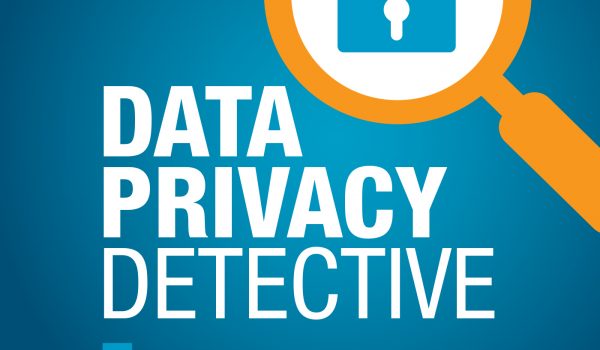How a community can responsibly gather, process and use personal information to meet its needs and make sense of data.
Data privacy is about balancing individual concerns and community needs. Without the assurance that private information will be responsibly shared and used, people may not share accurate information or be willing to provide data at all. But to get student aid, applications must reveal sensitive family financial information. To gauge student success, performance details must be documented and shared with others. Sociological research requires that a database be accurate and credible.
How can a community design its IT system to reassure individuals about privacy but obtain and share data responsibly and create data platforms and visualizations to meet collective needs and aspirations?
This challenge is common to any community, whether it’s a city, a business, a university or other type of collective. In this podcast episode, Lee Norris, Vice Provost for Enterprise Data Architecture of the University of North Carolina Greensboro, discusses how a community that gathers data of 25,000 people at its core and about 100,000 data subjects overall, designs and operates its data system. Through a combination of communication and technology, its data architecture stems from privacy by design. This approach advances essential ethical, research, institutional and other objectives, beyond compliance with federal and other laws that regulate particular types of data, such as student information (FERPA) and medical information (HIPAA).
UNCG’s design starts with an understanding of individuals’ concerns and circumstances. By communicating clearly to data subjects (people) what data is needed, what data need not be shared, and what and how data will be handled and safeguarded within UNCG, the data system is created to encourage appropriate but limited data sharing. This is data minimization and privacy by design thinking. By building a culture of trust, UNCG has not found that its constituents are reluctant to share needed information. This in turn increases the accuracy and reliability of databases that UNCG staff create from data pools for a variety of purposes, ranging from assessing individual and collective student success to compiling research databases.
If you have ideas for more interviews or stories, please email info@thedataprivacydetective.com.

